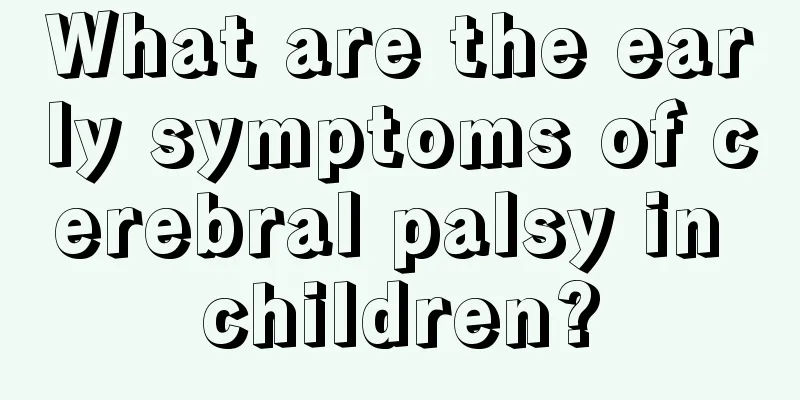Children's mental health is far from simple as imagined

|
As parents, how much do you really understand about your children's mental health? Children's psychology is complicated. We need to show more care and love to them and understand more about their psychological and emotional changes. Only then can we make their psychology healthier and full of expectations for the future. 1. What is psychology? Many parents understand "mental health" as whether a person has a good temper and a cheerful personality. Such an understanding is too narrow. A person's psychology can be divided into two parts: psychological processes and psychological characteristics. The psychological process includes three parts: cognition, emotion and intention. "Zhi" stands for cognition, which is a person's understanding of the world, his feelings, intuition, memory, representation, thinking, language, and imagination; "qing" refers to his emotions and feelings; "yi" refers to will. The psychological characteristics include: 1. Motivation, that is, needs and motivation; 2. Suitability, that is, ability; 3. Personality, which can be understood as his temperament and character. With this analysis, a person's "psychology" is the most core and essential part of this person, which is everything except the body. In addition, psychological development is not entirely a matter of upbringing. A person's innate genetic characteristics of the brain and nervous system, and his innate temperament type, will affect the way he is raised, as well as how he absorbs and processes information provided by the environment. The most advanced part of the cerebral cortex, the prefrontal lobe, is not fully developed until around 21-23 years old. In other words, the process of human psychological development involves the mutual influence and promotion of innate and acquired factors. If the acquired parenting methods are inappropriate, it will not only affect the child's emotions, behaviors, personality, etc., but will even affect the brain development and other physical manifestations. 2. Cognition. A child's cognitive development is closely related to his or her innate genetics. For example, intellectual development. Many parents pay attention to "developing their children's intelligence" when they are very young. The fact is, the development of intelligence has its own rules. Insufficient external stimulation will certainly cause developmental delays, like the wolf boy, children in orphanages who lack care and activities, etc., but those are extreme examples. In many cases, parents are too anxious nowadays and provide too much and too strong stimulation, which will also have a bad impact on the child's intellectual development. Parents should be able to correctly assess their children's situation and not force their children to grow too fast. 3. Emotions Emotions are innate. Animals all have emotions such as joy, anger, sorrow, and fear. When we see a new environment, when we meet strangers, when we complete a task independently, etc., we will be affected to produce specific emotions. Emotions will affect (note, not determine) our cognition, decision-making and behavior. When we draw conclusions, form strategies and take actions, new emotions are also generated. Therefore, we cannot underestimate the impact of emotions on us. |
<<: What is the cause of blood in children's stool?
>>: Problem children are caused by these reasons
Recommend
Treatment of gastroenteritis and fever in children
Children's gastroenteritis and fever make man...
What should I do if my child’s eardrum is perforated?
What people usually call eardrum perforation is w...
Why are the palms and soles of the two-year-old baby yellow?
We all know that babies' skin is generally fa...
Diet therapy for small red spots on baby's face
In fact, today's babies' physical constit...
Newborn baby not feeding overnight
Newborns feel hungry very easily, so they need to...
Children always have itchy throat and cough
Coughing is a common symptom of a cold. As long a...
At what age can babies eat leeks?
Although the price of leek is not very high in th...
What is the correct sitting posture for primary school students?
We all know that primary school students are in t...
What are the reasons why one-year-old babies cry at night?
Babies cannot express their emotions, nor can the...
What to do if your child's foot turns inward
It is very common for children to have inverted f...
What causes yellow teeth in children?
Because children's cognition in many aspects ...
How to care for children with colds and repeated fevers?
Children are young and their immunity is not yet ...
What to do if your baby has an irritating cough
Irritating cough is a general term for coughs, su...
What should children with precocious puberty not eat?
Precocious puberty refers to the early onset of p...
Tips for children's health in spring
In fact, in the spring season, bacteria often beg...









